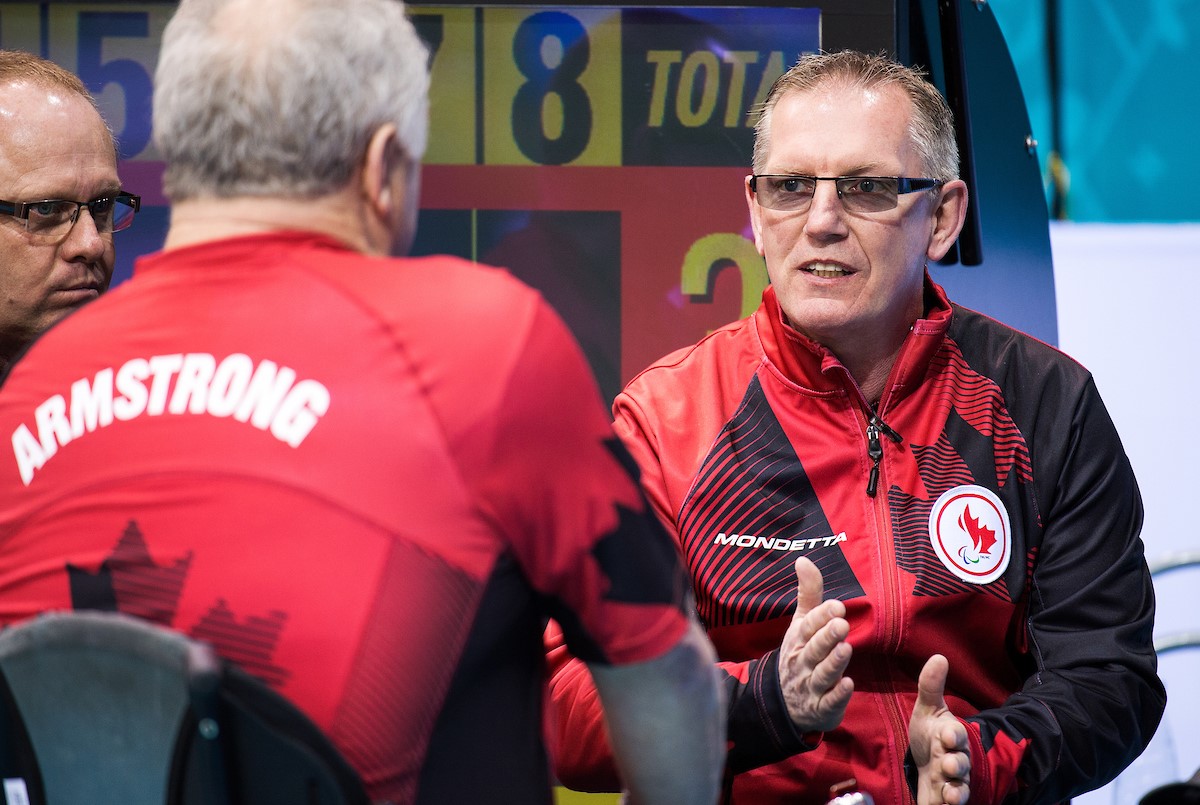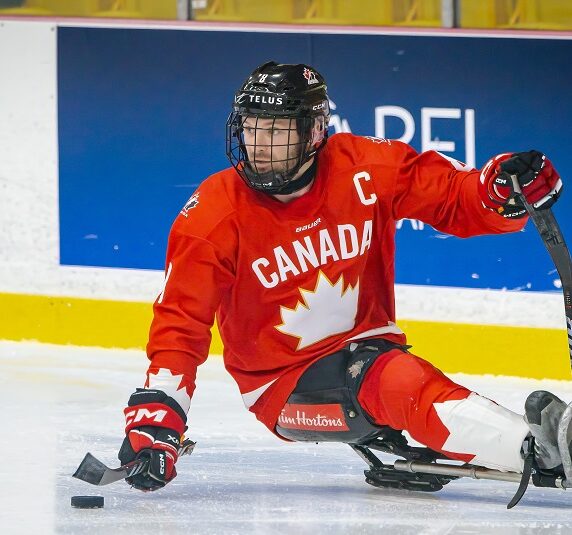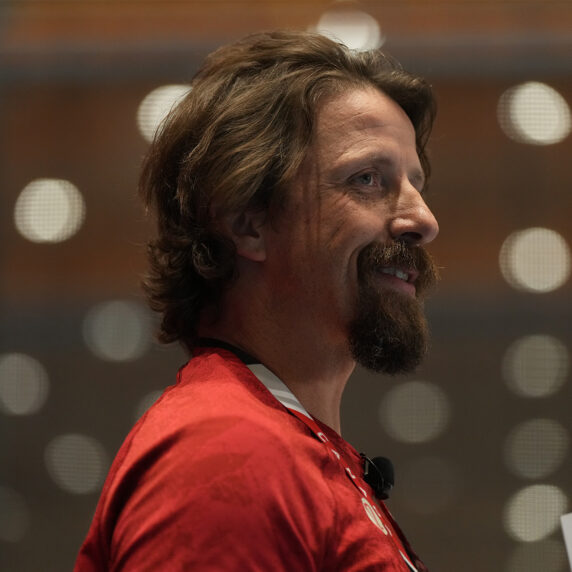Joe Rea: family man and wheelchair curling pioneer
“I was attracted by the allure of a new sport and learning some new stuff”
“I was attracted by the allure of a new sport and learning some new stuff”

PRINCE GEORGE, B.C. – Joe Rea is entering the Canadian Paralympic Hall of Fame for coaching Canada’s wheelchair curling team through its greatest stretch of international success. But he was also a pioneer in the sport, a devoted family man, and he forged a remarkable professional career as well.
Wheelchair curling was a relatively new sport in Canada when Rea first got involved in 2002. He had already established himself in the able-bodied version of the sport both as a high-level player and a coach guiding players who would eventually compete at national championships.
Rea first got involved when he was asked to organize a clinic for wheelchair players by Curl BC. Back then they were still figuring out whether it was better to use a stick or throw the rock from the chair.
“I was attracted by the allure of a new sport and learning some new stuff,” said Rea, who has worked for 42 years at Canfor Pulp, where he is now the E/I Team Leader. “There was no manual or booklet to say how to do it, so off we went.”
The development of a wheelchair version of the sport was a priority for Curling Canada and Rea was a key figure in building the sport in the country, before it was brought to the international forefront where it is played today in 24 countries.
The first national championships were held in 2004 where Ontario defeated Rea’s B.C. crew in the final. With the win, Ontario earned the right to represent Canada at the first wheelchair curling world championships in 2005. Rea was selected as the team leader.
The following season, Rea was handed the coaching keys to Canada’s national wheelchair team and he guided it through its glory years in the sport. Three consecutive Paralympic Games gold medals (2006, 2010, 2014) and three world titles (2009, 2011, 2013).
“The winning was great,” he said. “But the journey to get to those wins is what really stand outs. There was a steep learning curve because with the exception of Jim Armstrong they hadn’t played the sport before. They had to learn to play and understand the game. It was a very smart group I worked with and they worked really, really hard to get to where they were.”
Not only did Canada win gold at those Paralympic Games but they were historic as well. Torino in 2006 was the first Paralympics to include wheelchair curling while Vancouver was the first time a Canadian city hosted the Winter Games (Innsbruck, Austria hosted the 1988 Winter Paralympics after the Calgary Olympics).
“Anytime you can be involved in a Paralympic Games it’s a big deal,” Rea said. “In Vancouver we had our families and all the players’ families around. Being the home team was as special as it gets. To win on your home soil and seeing your flag go up, I dare you not to cry.”
Off the curling sheet, Rea and his wife Colleen, who works in nursing, have provided a safe and loving home for 28 foster children over the years alongside their own biological kids.
“There’s lots of kids out there who live a sad life at times, so you just want to add a little niceness into things,” he said. The couple have adopted one of the foster children and are in the process of adopting two others.
With his career at Canfor winding down and his coaching career now enshrined in history, Rea is pleased that he’s made a difference.
“It was a thrill for me to see my players find joy in an activity such as wheelchair curling and to share that was a wonderful experience.”
Rea will be officially inducted into the Canadian Paralympic Hall of Fame at a ceremony on November 15 in Vancouver.



"*" indicates required fields